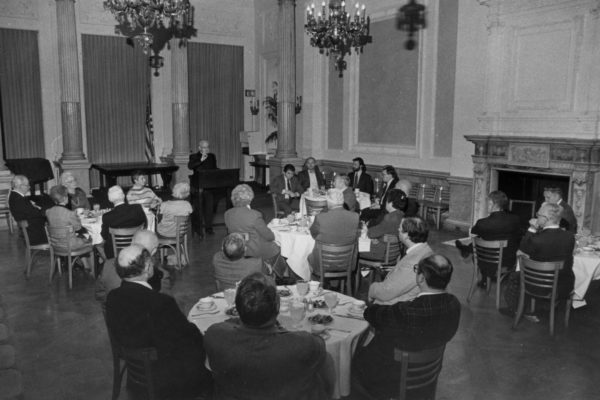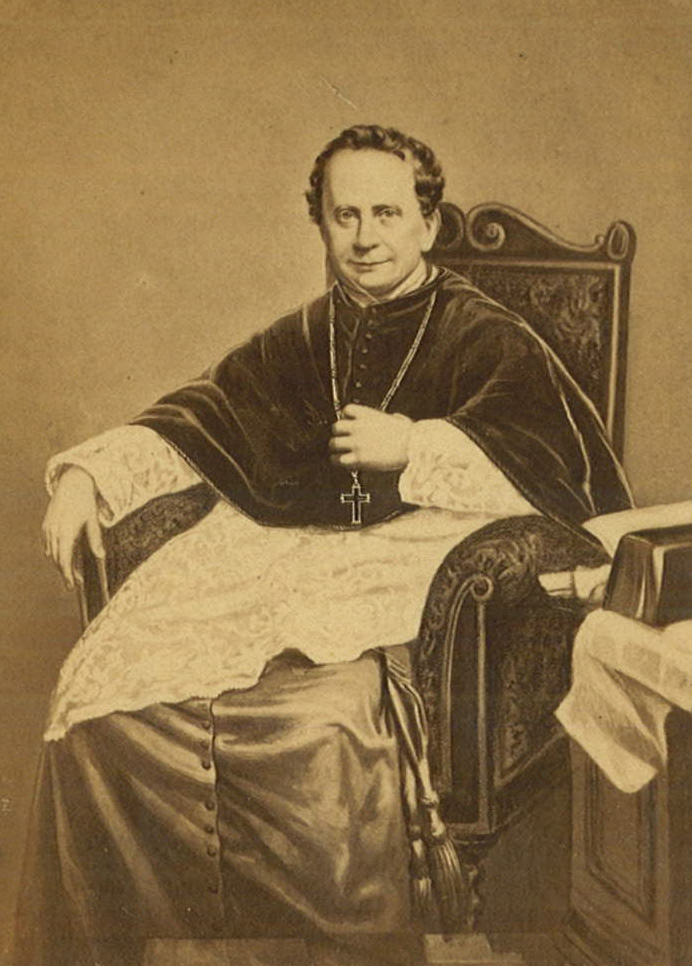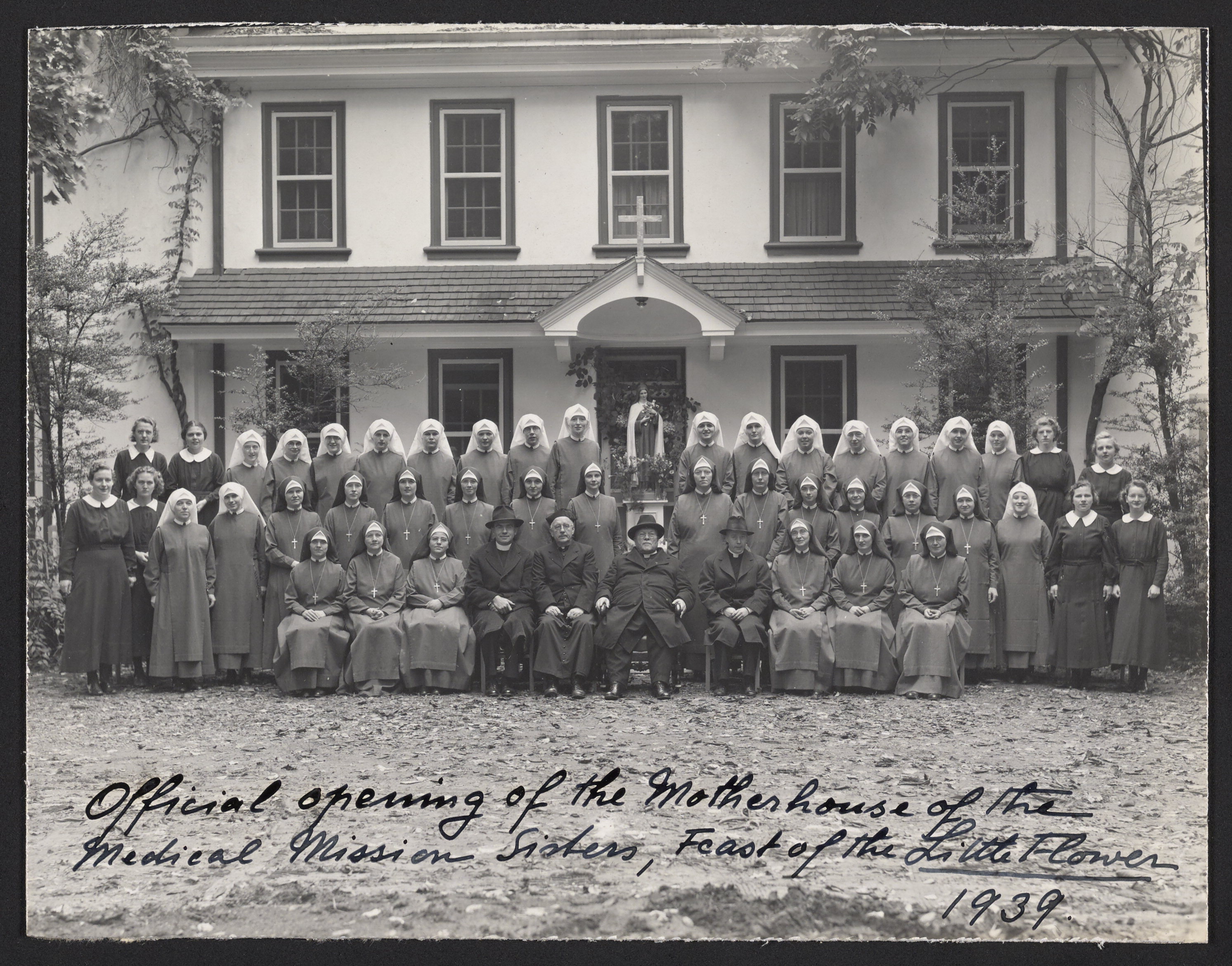Catholic Philopatrian Literary Institute
...e Cooperative was to take the bulk foodstuff and have it canned for future use to further help Catholic intuitions save money. The plan was so successful that it continued through the 1940s and into the 1950s.[11] Squash court at in the Stotesbury Mansion, 03/03/1987, 505E During the 20th century,
Mark Antony Frenaye papers, 1807-1868 (MC 16)
...ty assuming control of the administration of churches, even to the point of hiring and firing pastors. Frenaye also managed the Bishop’s Bank, which Bishop Kenrick established in 1848 for working Catholics who did not want to use the private savings institutions. This collection contains mainly correspondence. A copy of
Bishop Francis Kenrick and His Journals
...tten in English or Latin, which was the primary language of correspondence used by clergy during this time period. In his journal, Kenrick alternated between drafting long letters to fellow clergymen and jotting down short descriptions of letters written elsewhere; however, the inclusion of dates and the repeat appearance of
Medical Mission Sisters
...care for sick and neglect women. Dengal believed the mission was vital because of Muslim laws that prohibited a male doctor from treating a woman unless it was his wife, which left many women without any medical treatment.[3] Medical Mission Sisters Photograph album https://omeka.chrc-phila.org/items/show/7368 While Dengel saw the use of




